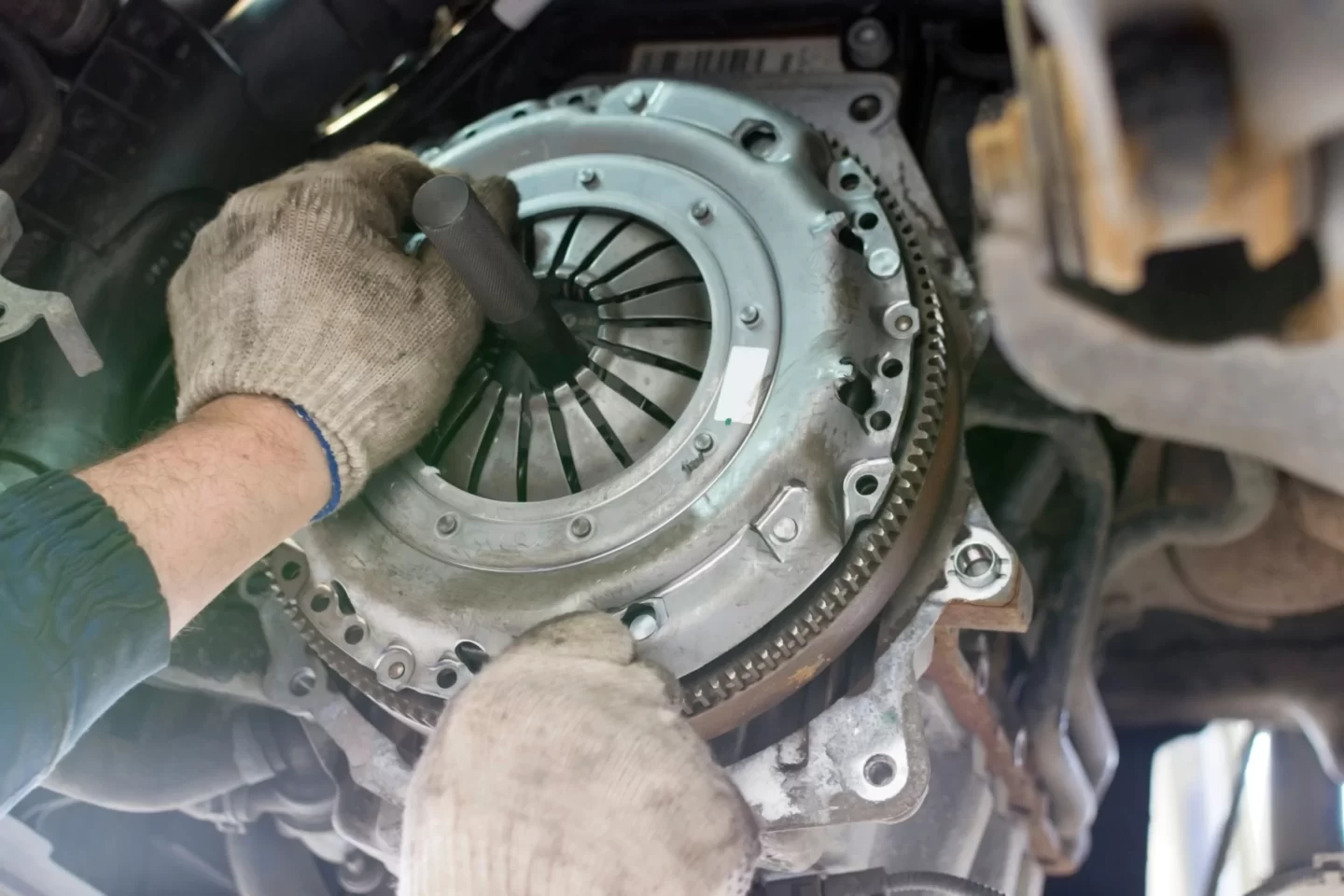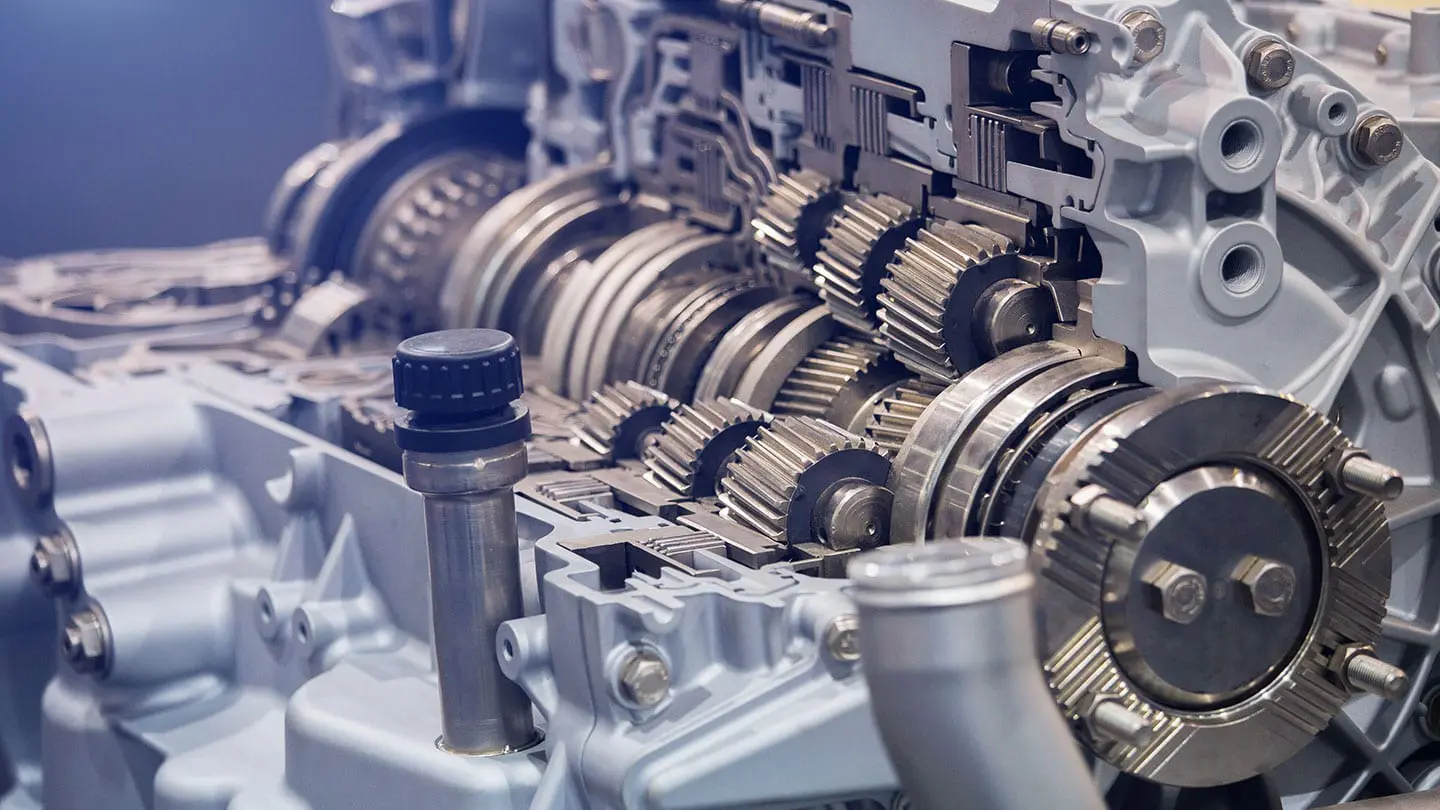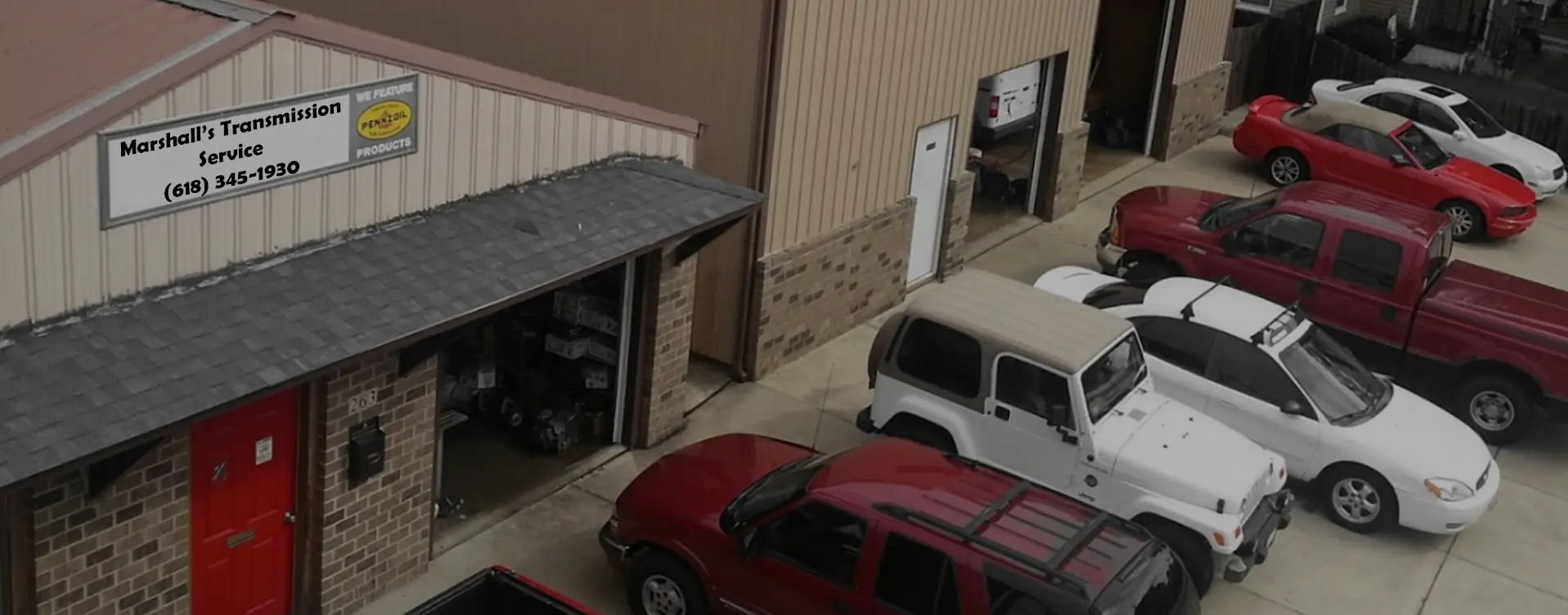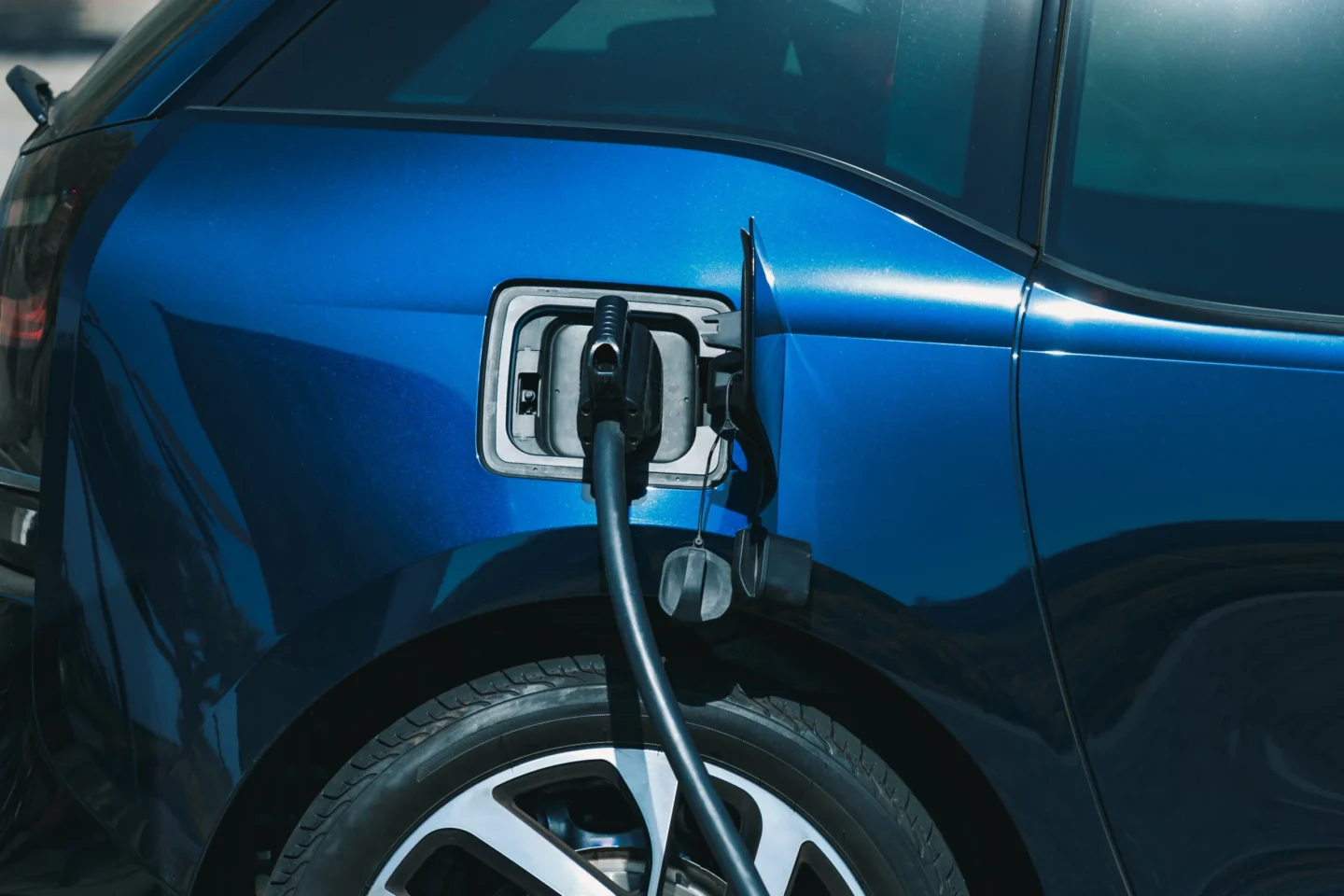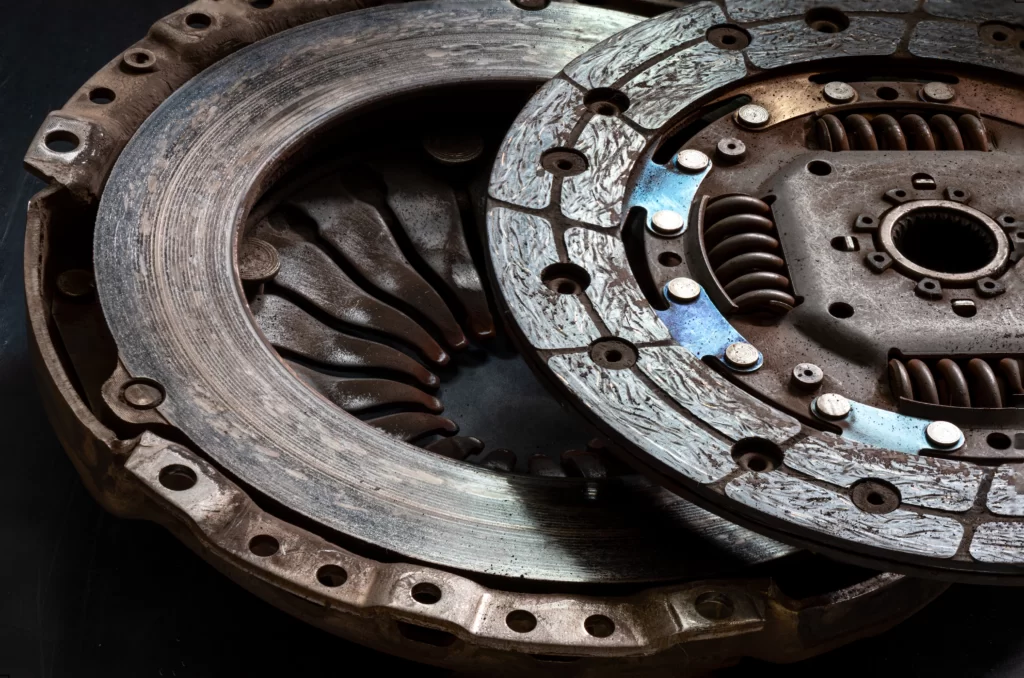
The clutch in your car is a vital component that plays a key role in the transmission system, allowing you to smoothly shift gears and control the power transfer between the engine and the wheels. Over time in Fairview Heights, IL, the clutch can wear out, and its performance may deteriorate, affecting your driving experience. In this blog, we’ll explore when you should consider replacing your car’s clutch, examining common signs of clutch wear, potential causes, and the importance of timely maintenance.
Signs of Clutch Wear
- Slipping Clutch: One of the most prominent signs of a worn-out clutch is slippage. You may notice that the engine revs increase without a corresponding increase in vehicle speed, especially when accelerating. This happens because the clutch disc is no longer gripping the flywheel and pressure plate effectively.
- Hard or Soft Pedal Feel: Changes in the pedal feel can also indicate clutch issues. A clutch pedal that feels unusually soft or overly hard to depress can suggest problems with the clutch mechanism.
- Difficulty Shifting Gears: If you find it increasingly challenging to engage gears or experience grinding noises when shifting, it could be a sign that the clutch is not disengaging properly.
- Burning Smell: A burning odor, like that of burnt paper or rubber, can result from excessive friction between the clutch components due to slippage. This smell is often accompanied by heat generated during clutch wear.
- Unusual Noises: Clutch problems can also manifest as strange noises when you press or release the clutch pedal. Sounds like squeaking, chirping, or clicking may indicate issues with clutch components.
Potential Causes of Clutch Wear
Understanding why clutches wear out is essential for addressing the problem effectively:
- Normal Wear and Tear: Clutches are subjected to significant wear during regular use in Fairview Heights, IL. Over time, the friction material on the clutch disc, which provides the necessary grip, naturally deteriorates.
- Driving Habits: Aggressive driving in your car, such as excessive revving, riding the clutch, or frequently downshifting, can accelerate clutch wear.
- Heavy Towing or Load: Using your vehicle for heavy towing or carrying substantial loads can put additional strain on the clutch, potentially causing it to wear out more quickly.
- Contaminated Clutch Fluid: Contaminated or old clutch hydraulic fluid can lead to decreased clutch performance and wear.
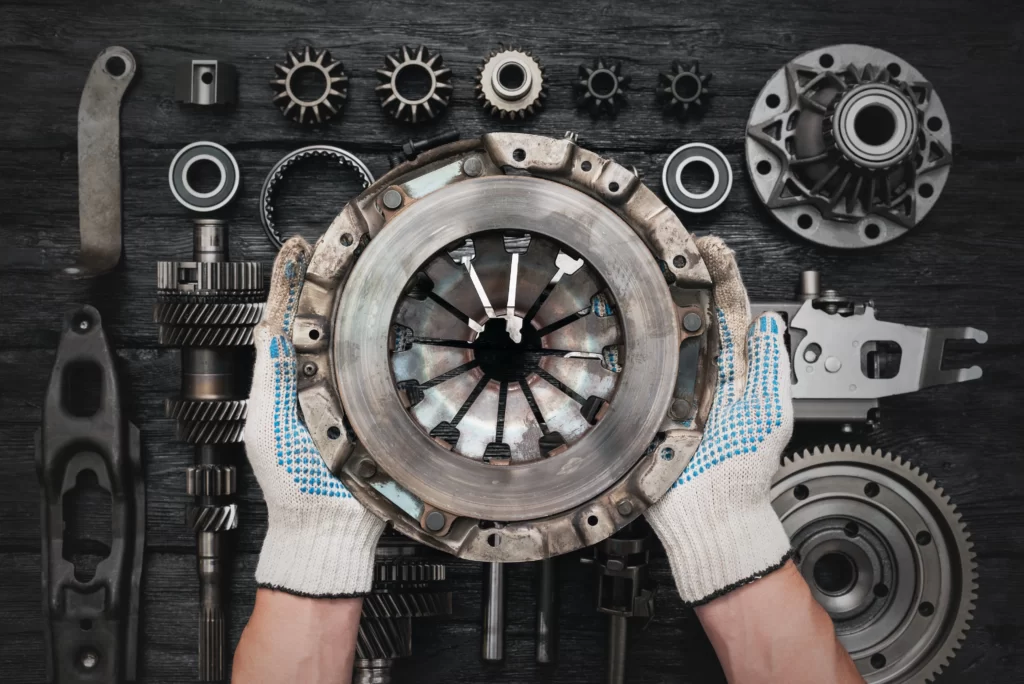
When to Replace Your Clutch
The timing of clutch replacement depends on various factors, including your driving habits, vehicle type, and the quality of the clutch components. However, as a general guideline, here are some key indicators that it might be time to replace your car’s clutch:
- Significant Slippage: If your clutch is slipping consistently, and adjustments or repairs don’t resolve the issue, it’s likely time for a replacement.
- Difficulty Shifting Gears: Persistent problems with gear engagement or grinding noises should prompt an inspection, as these issues often indicate clutch wear.
- High Mileage: As a preventative measure, consider clutch replacement if your car has accumulated a high mileage, typically over 100,000 miles, even if you haven’t experienced obvious symptoms of clutch wear.
- Visible Damage: If a visual inspection reveals significant damage to clutch components, such as a worn-out clutch disc or pressure plate, replacement is necessary.
- Change in Pedal Feel: Noticeable changes in the clutch pedal feel, such as excessive softness or stiffness, are potential indicators of a worn-out clutch.
If you are looking to replace your car’s clutch near Fairview Heights, IL, contact Marshall’s Transmission Service for assistance!

